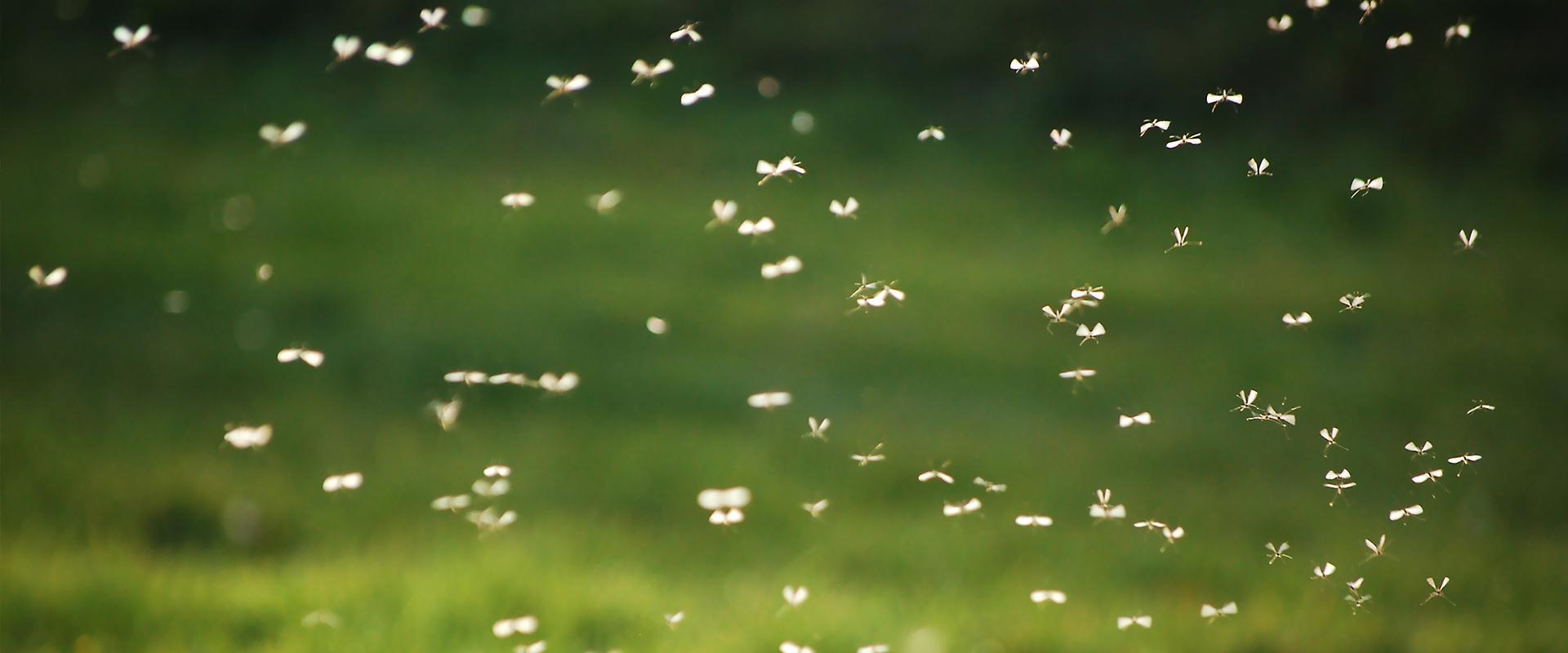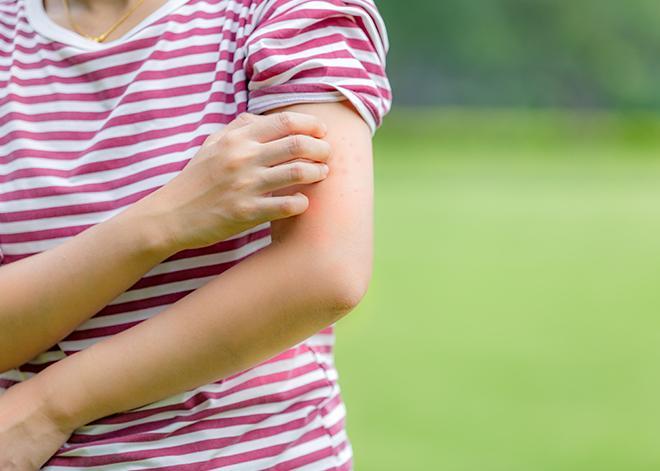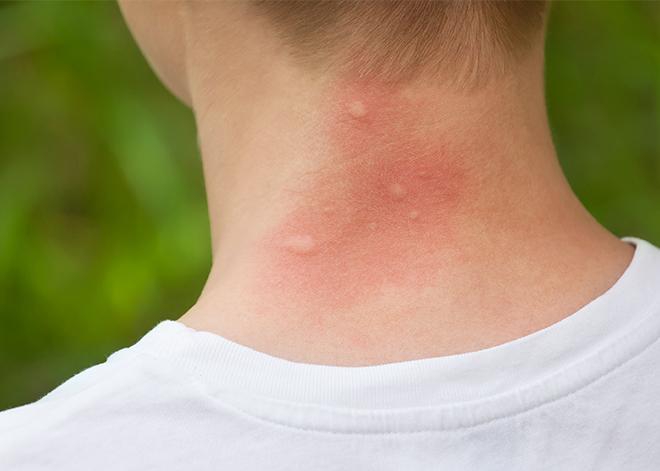Jump To Section:
Mosquitoes love our area because it is warm most of the year. While warm weather is far from the only factor that allows mosquitoes to do well here, it is an important factor to consider. Why? Because the longer mosquitoes are able to be active, the longer they'll have to spread harmful diseases to us— and we give them all the warmth they need from the end of March to the beginning of September. This is generally what we refer to as mosquito season.
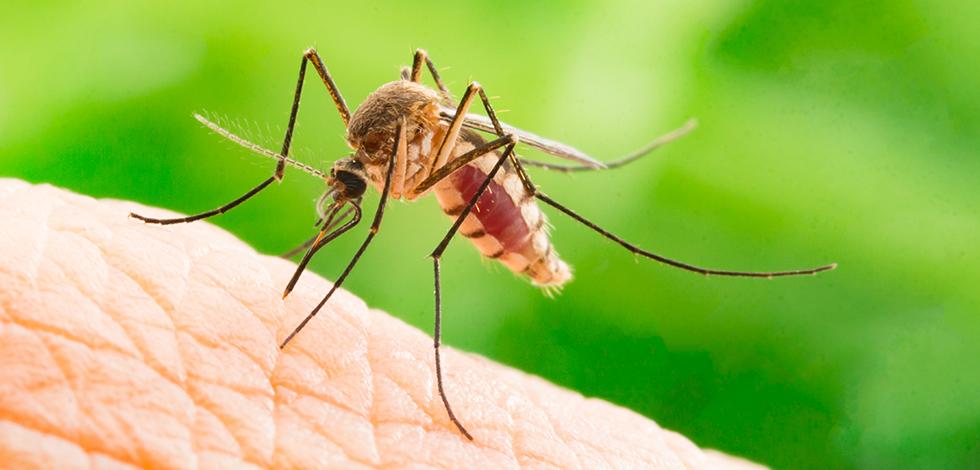
If you're reading this during mosquito season and you're already suffering from a heavy mosquito presence in your yard, contact us for a consultation. Our mosquito control service is top-rated and competitively priced. It might seem like there is no possible way to control mosquitoes in your yard but that's not the case. You do not have to live with mosquitoes because seasonal mosquito treatments really work! They can make a startling impact on the number of mosquitoes you'll see in your yard this year. Find out why our customers come back year after year for this essential pest control service and get your mosquito protection in place today.
Related Mosquito Blogs & Articles
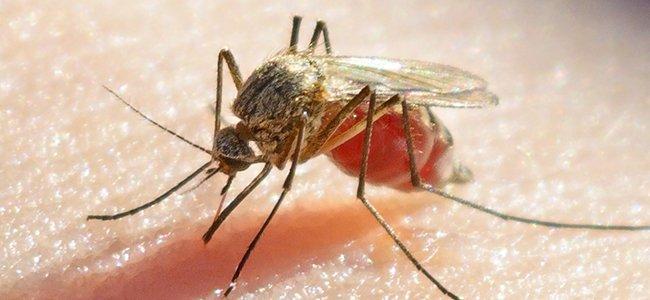
Maryland's Complete Guide To Effective Mosquito Control
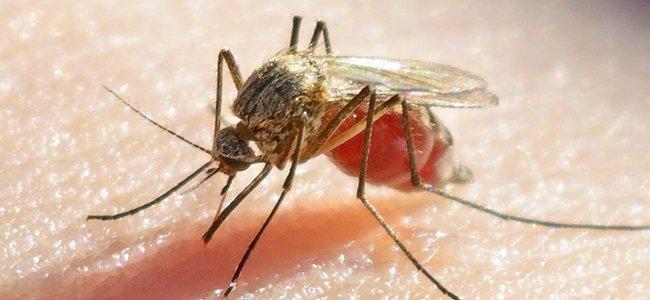
Just How Dangerous Are The Mosquitoes In Washington D.C.?

American Pest is Offering BIG Savings During Pest Prime Week
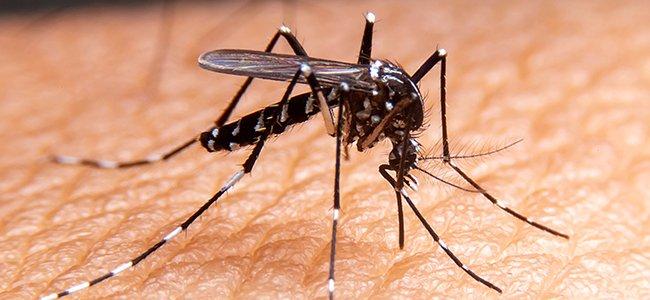
What Maryland Property Owners Need To Know About Mosquito Control
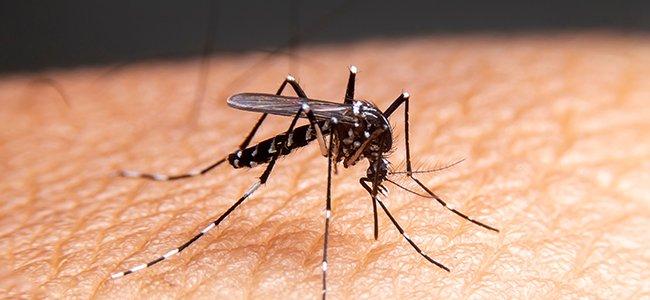
How Dangerous Are Maryland Mosquito Bites?
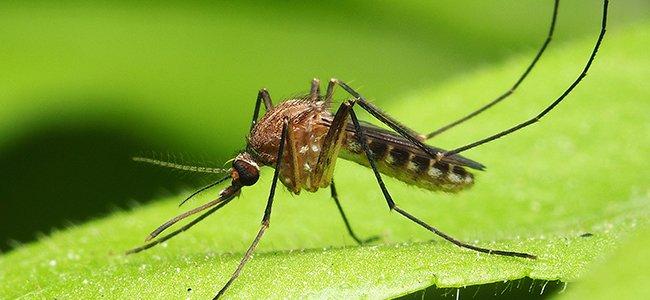
Six Quick & Simple Ways To Reduce Mosquitoes Around Your Maryland Property
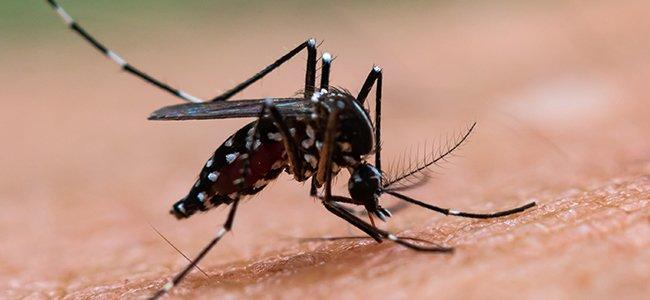
What Attracts The Mosquitoes In Maryland?
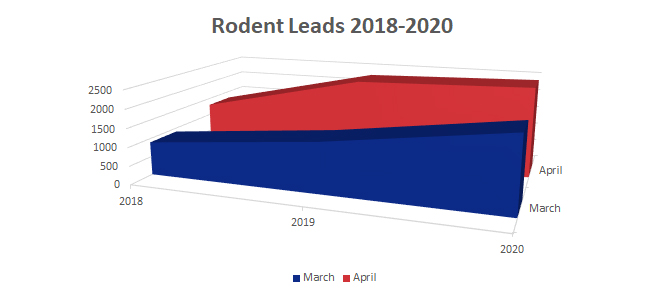
Pest Control The Talk of Town As Rodent Pressures Rise Amid Health Crisis
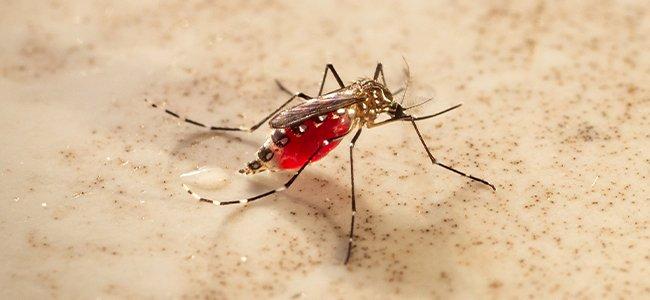
Why Professional Mosquito Control Is The Way To Go In D.C.

4 Things Maryland Property Owners Can Do Now To Avoid Mosquitoes Later
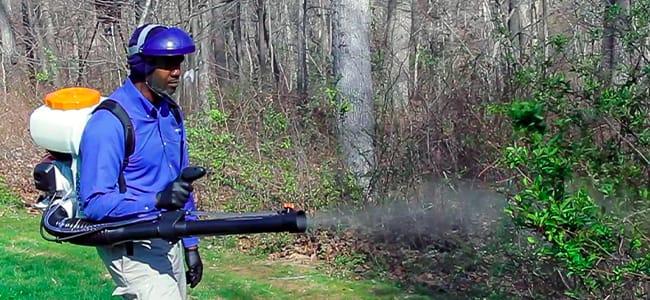
3 Things You Probably Don't Know About Mosquitoes In Maryland
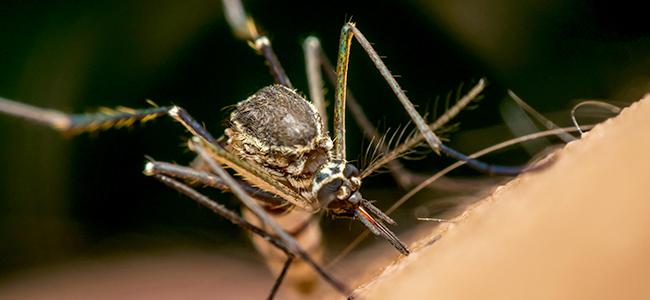
Why Maryland Residents Need To Take Mosquito Threats Seriously
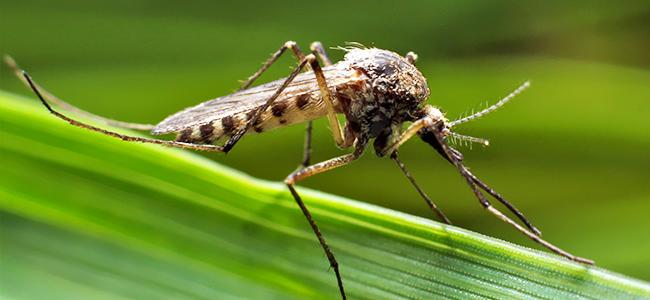
How DC-Area Residents Can Prepare Their Properties Against Mosquitoes This Summer

World Pest Day Brings Awareness This Summer
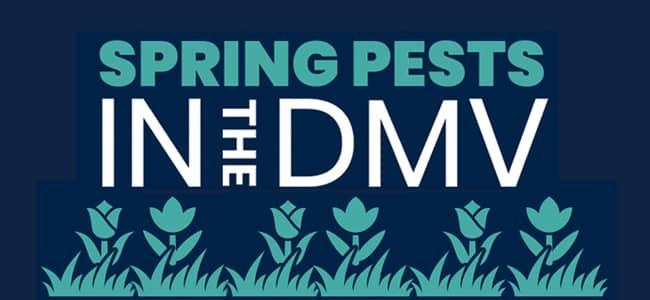
National Pest Management Month
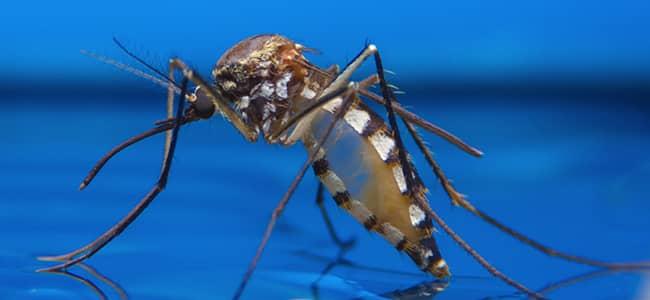
Mosquitoes Still Buzzing Around DC Homes and Lawns
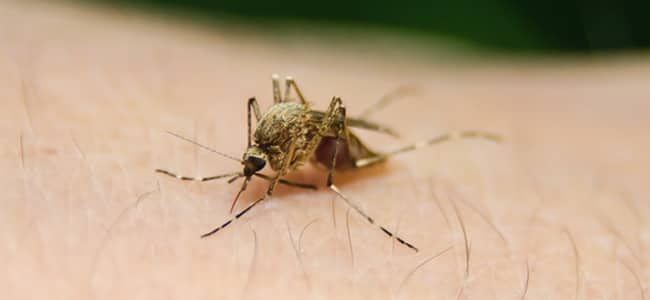
West Nile Virus Confirmed In Maryland

Crucial Steps for Preventing Pest Infestation This Summer
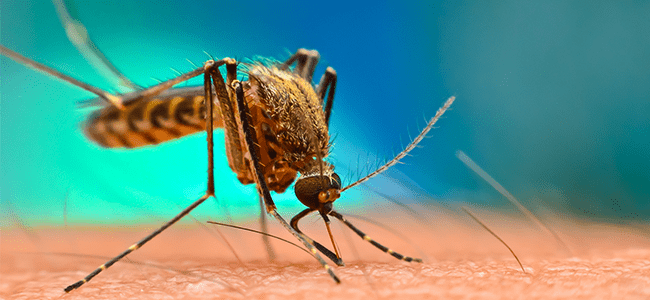
What Mosquito Season Means for DC
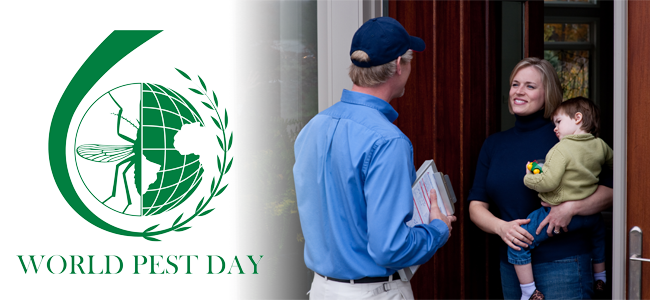
World Pest Day 2018
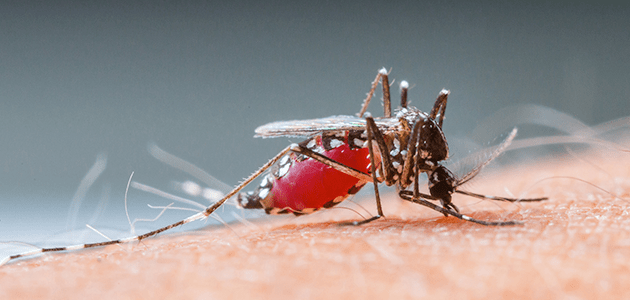
How The Spring Weather Impacts Mosquito Populations

Pest Control Tips For Spring Break
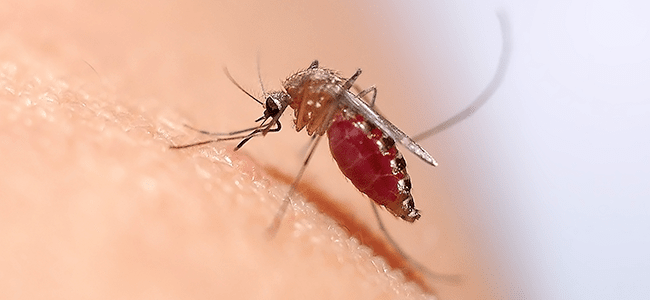
Are Mosquito Foggers Effective?
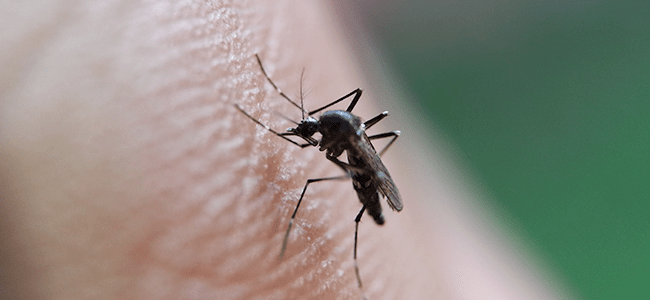
Low-Cost Mosquito Treatment
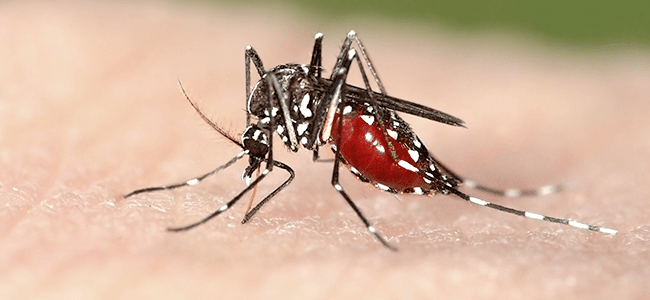
Mosquito Control
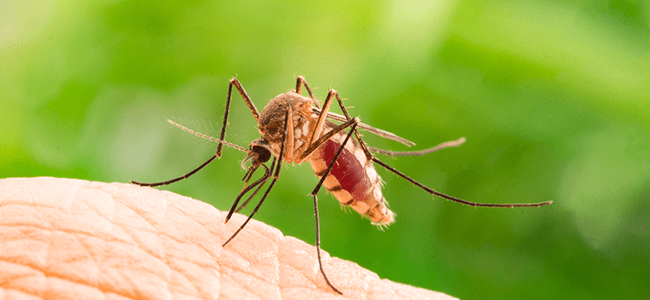
Why Do Mosquitoes Bite?
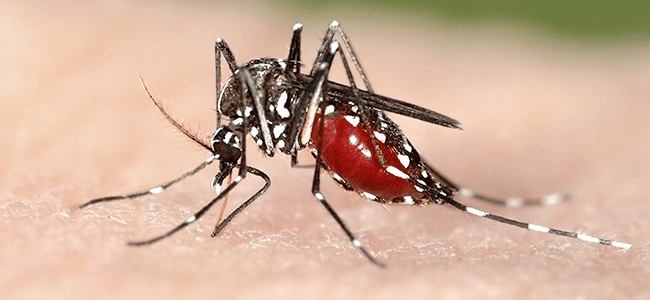
Is Zika Still an Issue?

Mosquito Control for Your Backyard
Want To Read Or Discover More Blogs & Articles - Click Here >
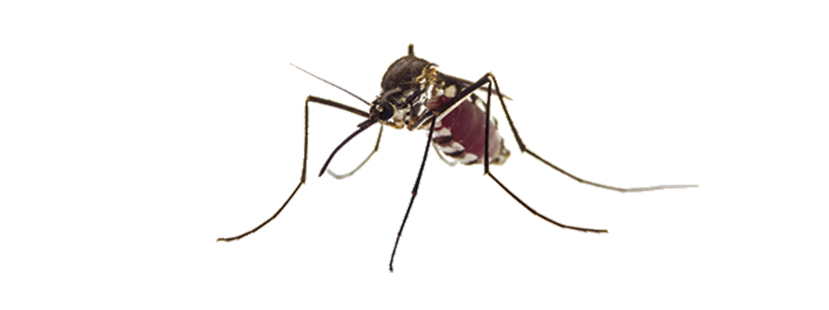
What You Can Do to Stop Mosquitoes Right Now
No matter what time of year you're reading this, there is something you can do right now to stop mosquitoes from reproducing in your yard. Here are some helpful tips to make it harder for those mosquitoes to live and breed around your home and near your outdoor recreational areas.
Winter Mosquito Control
Most people don't think of winter as a time of year to be worried about ticks, but ticks can be a threat even in the dead of winter when there is 6 feet of snow in your yard. This is because animals that carry ticks hide in man-made structures when temperatures drop. Our winter tick control tips focus on the detection of mice and rats, which can prompt you to get service to remove them.
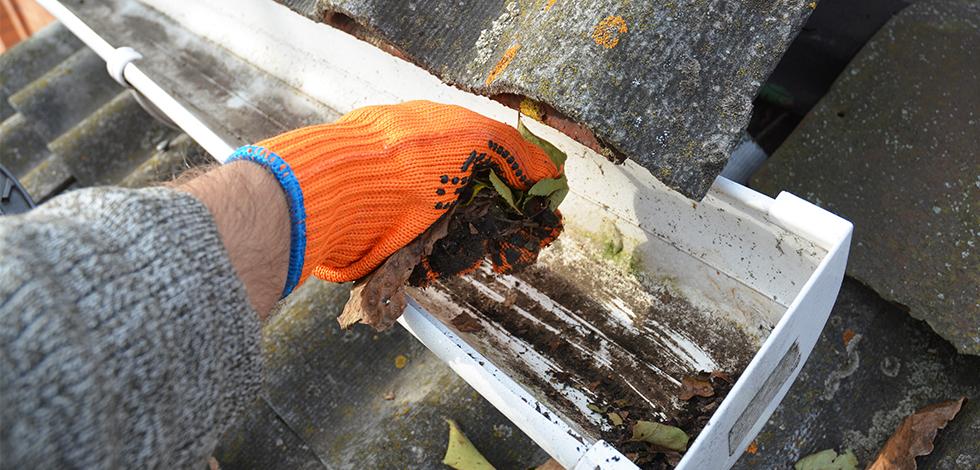
- All winter long you can look for objects that hold rainwater or melted snow. Stow them away or remove them from your property. This will prevent pools of stagnant water in late winter and early spring that mosquitoes can use to breed in.
- Early winter is often the best time to trim back some trees and shrubs. Trimming tree branches can allow sunlight into areas of dense shade. This will keep these areas from becoming damp mosquito-breeding sites during warmer months. Trimming your shrubs provides good airflow in your landscaping and keeps it dry. Mosquitoes need lots of moisture. It is best to not give it to them.
- Early winter is also a good time to check your gutter system to make sure it's clear to let the melting snow run down and away from your home. Mosquito control is all about moisture control, and an obstructed gutter can not only provide pools of stagnant water for mosquitoes to breed in but also a damp foundation perimeter for them to hide in.
Spring Mosquito Control
In early spring, ticks will start to become a threat around your home. The warm temperatures of spring bring plants back to life and make animals active in your yard again. These tips should help you avoid ticks this spring and help to control pests that can carry ticks into your yard.
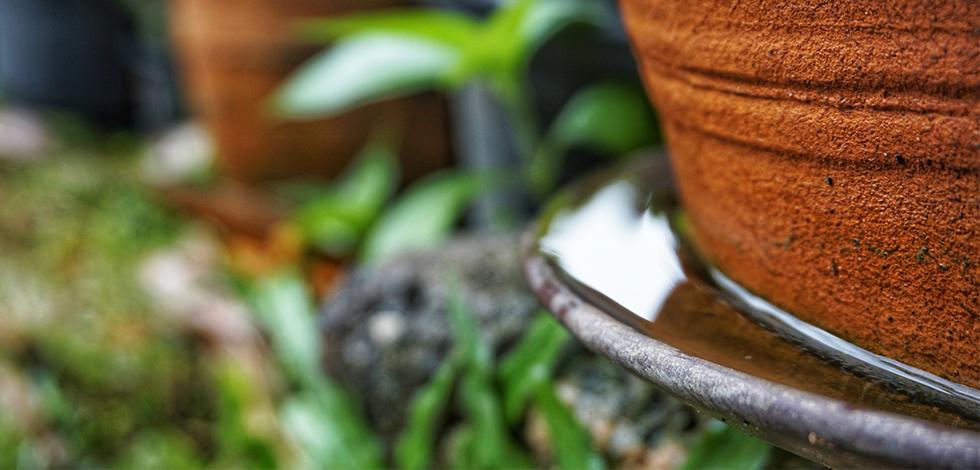
- In the spring, heavy rainfall can create stagnant pools of water in containers. This will give mosquitoes a location to breed. Remove containers to reduce mosquitoes.
- Spring is a time for planting. Consider planting mosquito resistant plants such as lemongrass, citronella, lavender, rosemary, catnip, basil, or marigold. There are many plants that put off a smell that mosquitoes find offensive.
- Spring can also be a time for removing plants. Mosquitoes need sugar more than they need blood. They get sugar from plant sap which they draw out with the same mouthparts they use to draw blood out of your skin. Fewer plants in your yard will draw fewer mosquitoes. Removing plants will help with airflow in your garden as well, keeping it dry and mosquito resistant.
- If you have a source of stagnant water in your yard that you don't want to remove, consider routinely dumping the water out to prevent mosquito reproduction. In the case of a bird bath, try adding some fish. That will keep those mosquito populations down.
Summer Mosquito Control
Summer is the heart of mosquito season. After young mosquitoes hatch from their eggs and leave their birthing pools, they'll immediately be on the hunt for a fresh meal - if you're not careful, that could mean you, your family, or your pets. If you'd like to have a mosquito-free summer, you need to take steps to control moisture in places where mosquitoes prefer to hide. These tips should help you reduce both ticks and mosquitoes around your home during the summer months.
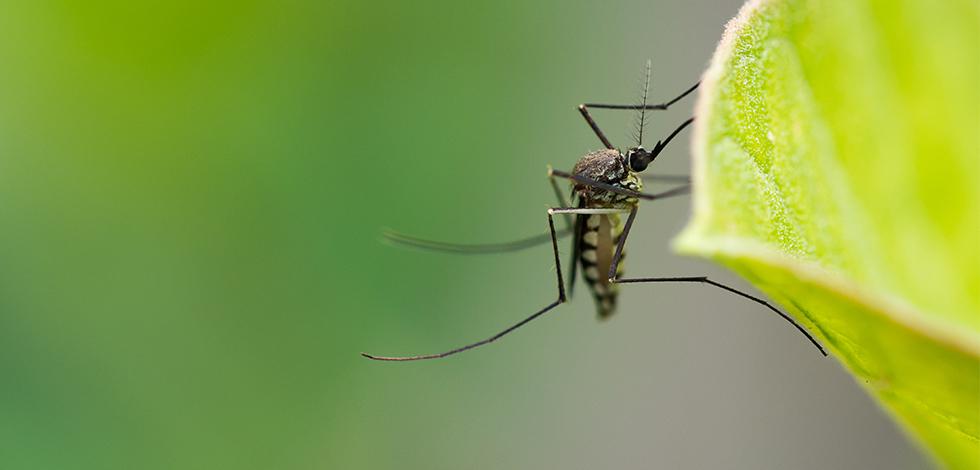
- Summer is for time in the sun. While you're enjoying the sun in your backyard, use fans to keep mosquitoes away. It will also keep you cool between dunks in the pool.
- Look for conditions in your yard that promote moisture and address those issues. Mosquitoes need lots of moisture, so fix or repair leaky spigots to prevent puddles. Trim some tree branches to let the sun into densely shaded areas, and loosen up compacted ground to let the rainwater sink in. If you see areas of moss near your home, that is a sure sign that you have a moisture problem that should be addressed.
- Search your yard and remove objects that collect rainwater to reduce mosquito breeding sites. It only takes an inch of water for mosquitoes to breed.
- If you have objects in your yard that can collect water, alter the conditions to stop mosquitoes from breeding. Some examples of this would be: if you have a kiddie pool, turn it over when it is not being used. If you have a tire swing, poke a hole in the bottom to let the water drain out.
- If you have a bug zapper, consider retiring it. While that zapper does a great job of attracting mosquitoes into your yard, studies have shown that zappers are only effective at killing male mosquitoes. Those are the mosquitoes that don't bite you. What you want to get are those female mosquitoes. And you won't do this with a zapper.
- Control your home's outside environment to make it as inhospitable to invasive mosquitoes as possible.
Fall Mosquito Control
Often, there is a resurgence of ticks in the fall. Deer ticks, in particular, actively feed during the fall and on warm winter days. So, to protect your family and pets from tick bites in fall you're going to need to continue your tick control efforts. Take a moment to read 5 ways to get rid of ticks this fall and tips to avoid ticks this fall. If you've been vigilant this year to control ticks on your property, you can't let your guard down in fall. And, if you haven't been vigilant, it isn't too late to contact American Pest for tick control assistance.
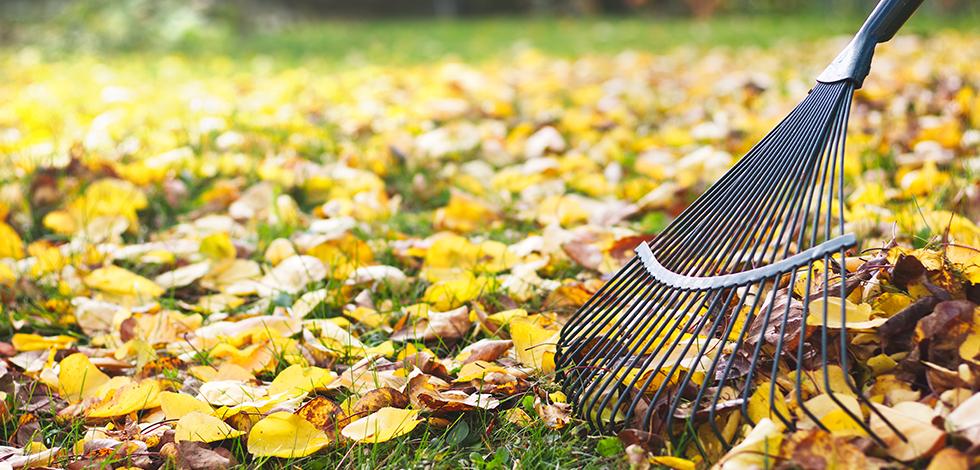
- Mosquitoes can still be active in our area during the fall months. Be on the lookout for locations in your yard where puddles form or water is collected, especially objects that capture water. Remove containers that can be removed and address conditions that allow rainwater to sit stagnantly.
- If you have objects that hold water that you cannot remove, or don't want to remove, keep in mind that it takes a little over a week for mosquitoes to develop from eggs to flying (and biting) adults. Pouring water out or circulating water can prevent mosquito production.
- Fall is when the leaves fall. Rake your leaves. It doesn't just make your yard look nicer, leaf litter is the perfect location for mosquitoes to overwinter in your yard.
- Leaves can get into your gutters and create pools of water mosquitoes can breed in. A clogged gutter system will also allow water to flow over and create dampness in the vegetation around your home, which will promote mosquito activity. Your vegetation is a prime resting location for mosquitoes.
- Get ready for winter by removing lawn clutter. Any object that can hold rainwater or water produced by melting snow can be a location for overwintering to occur. Get that clutter stowed away before winter if you can.
What Does A Professional Mosquito Treatment Look Like?
Who And What Attracts Mosquitoes?
Types of Mosquitoes Found in Maryland, Virginia, and Washington D.C.
In our service area, there are four species of mosquito we deal with most. Understanding these species can give you insight into the threats they present, how to prevent mosquito activity in your yard, and how to reduce opportunities for those mosquitoes to breed around your home.
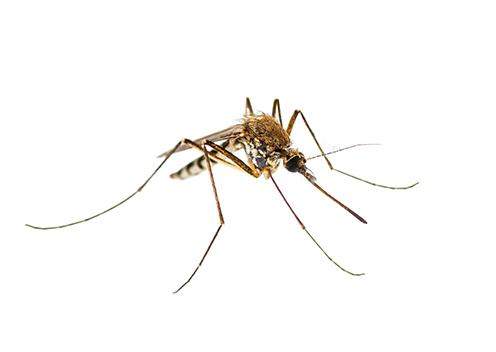
House Mosquito
(Culex pipiens)
This mosquito species, also referred to as the Northern house mosquito, is a competent vector for West Nile virus and is the primary source of concern for residents in Northeastern states where tropical mosquitoes don't live. It is important to note that, while most mosquitoes lay eggs and die off during the winter, these mosquitoes can overwinter as adults. They can even be found on the ground underneath a layer of snow.
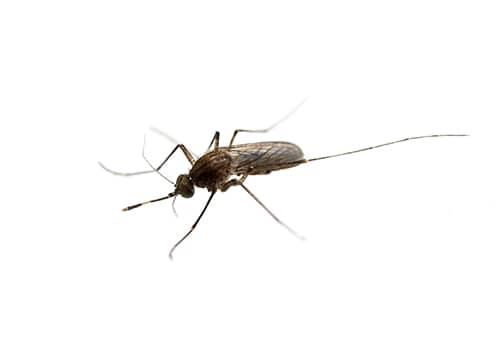
Southern Mosquito
(Culex fatigans)
This mosquito species, also referred to as Culex quinquefasciatus, can be found in tropical and subtropical climates. It is a vector for a wide range of mosquito-borne diseases including West Nile virus, Zika virus, avian malaria, and several forms of encephalitis—just to name a few. This species has shown a preference for polluted water, septic tank leakage, cesspools, and stagnant water near drains.
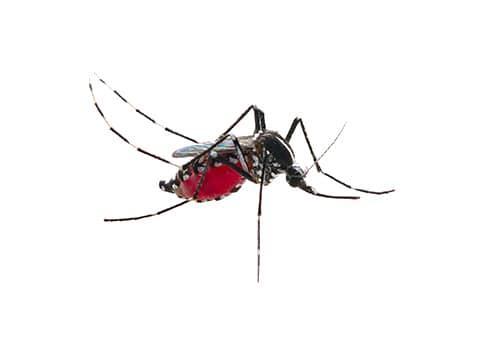
Yellow Fever Mosquito
(Aedes aegypti)
This mosquito species is the primary vector for yellow fever (hence the name) but it has recently earned a name for itself for its effective ability at spreading Zika virus. When it comes to mosquitoes that spread extremely dangerous mosquito-borne viruses that are not localized to the United States, such as yellow fever, Zika, and Chikungunya, this is a mosquito to watch out for. It is also the primary vector for Dengue fever, a virus that is growing in threat worldwide. You'll find these mosquitoes breeding in stagnant pools as little as an inch deep.
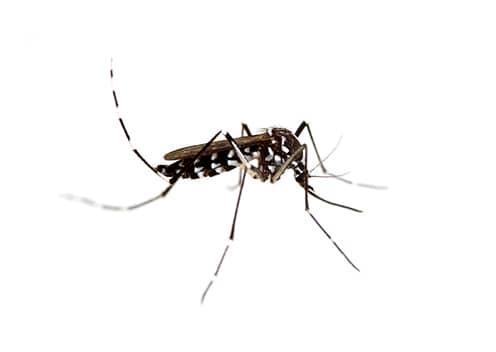
Asian Tiger Mosquito
(Aedes albopictus)
This mosquito species, also referred to as a forest mosquito, gets its tiger name from its striped appearance. This is a tropical and subtropical mosquito that is considered an important vector for the transmission of West Nile virus, Zika virus, yellow fever, Dengue fever, Chikungunya fever, and several forms of encephalitis. Female tiger mosquitoes usually lay eggs near stagnant pools of water, not in the water, like other mosquito species. But they can. Not only can they lay eggs in a container of water but they can also use a source of running water in order to breed. This makes Asian tiger mosquitoes very difficult to control with site modifications alone.
Diseases Mosquitoes Spread
When it comes to infectious diseases spread by mosquitoes, Zika isn't the only virus to be concerned about. While the following is far from everything you need to know about mosquito threats, it will get you on track to see just how dangerous mosquitoes can be.
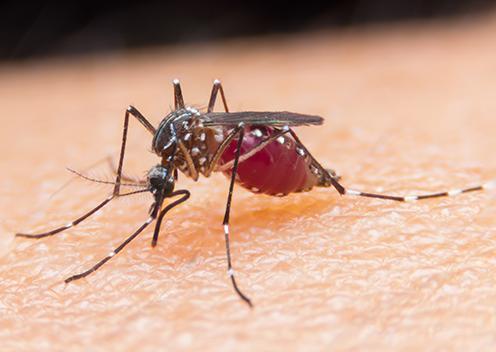
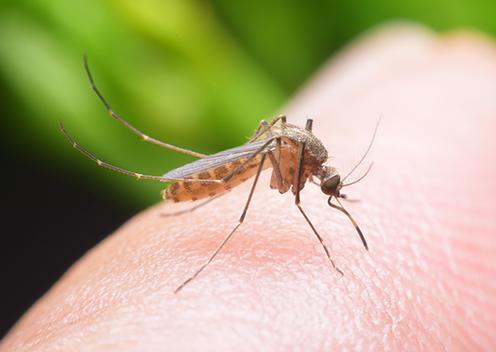
Zika
This is a viral infection that can lead to serious consequences. Studies have shown that this virus can cause microcephaly in unborn children and lead to birth defects that can have lifelong implications. While Zika is not yet endemic to the U.S. there is fear that it may soon be. It is important that we all take time to learn how to prevent the spread of Zika.
Malaria
This is an illness caused by a protozoan parasite that invades the red blood cells of the body. It produces flu-like symptoms, including shaking chills and severe fever. Malaria can be fatal and it is considered the deadliest mosquito-borne virus in the world. It was once endemic to the United States but now it only occurs in small and sporadic outbreaks.
Yellow Fever
This a viral infection that can be transmitted by mosquitoes. Its yellow fever name is linked to the fact that it affects the liver and can cause a yellowing of the skin. While rare in the United States, when outbreaks occur, they are tracked closely by health agencies due to the seriousness of the sickness that can arise.
Dengue Fever
This is a viral disease that is often referred to as bone-break fever due to the intense pain associated with it. It produces flu-like symptoms that can sometimes lead to lethal complications. This virus is a serious threat in areas where Aedes aegypti mosquitoes maintain populations.
West Nile Virus
This is a flavivirus that uses mosquitoes to move from animals to humans, usually between birds and humans, though horses are a notable reservoir. It is estimated that as many as 80 percent of people who are infected do not show any symptoms. When symptoms occur, fever, lethargy, and encephalitis are most common. Severe symptoms include disorientation, tremors, convulsions, coma, paralysis, and death. Of all the mosquito-borne viruses in the U.S., West Nile virus claims the most lives each year.
Chikungunya
This is a viral disease that can become serious. Like many other mosquito-borne viruses, Chikungunya produces flu-like symptoms. It is also associated with joint swelling, rash, muscle pain and headaches. This virus is primarily spread by Aedes aegypti and Aedes albopictus mosquitoes.
Encephalitis
There are many cataloged forms of encephalitis but the word encephalitis simply means an inflammation of the brain. This disease can be bacterial, viral, fungal, or parasitic. Despite medical improvements and intensive care support, this illness still has a high mortality rate in the United States.
Why Mosquitoes Invade Maryland, Virginia, and D.C. Yards
We all know mosquito bite. So it is easy to think that they come into our yards to bite us. But that is actually not the case. Mosquitoes can come into your yard long before they even know you exist. What draws them is vegetation. There are a few reasons for this. Mosquitoes require a lot of moisture to survive. When you water the plants around your home, you create the perfect hiding place for mosquitoes. Those mosquitoes also feed on the sap of plants to get carbohydrates. That gives them even more reason to want to hang out in your landscaping. But the attractant that you should be most concerned about is stagnant water. If water sits stagnant for more than a week, mosquitoes can breed in your yard—and it only takes a half a cup of water or an inch deep puddle for most mosquitoes to do it. Therefore, removing these stagnant water breeding sites can have a big impact on mosquito populations in your yard.
Why Mosquitoes Are Attracted to Certain People
Do you know that some people are more attractive to mosquitoes than others? It's true. There are certain characteristics that can make you more interesting to mosquitoes. Understanding them could help you avoid being bitten.
- Dark colors. Mosquitoes can't see very well and they often use a dark silhouette of a person against the brighter color of the sky to lock in on them. If you wear dark colors, you'll be easier for mosquitoes to bite.
- Sweat. If you like to go for a jog outside, you could make yourself attractive to mosquitoes. They are drawn to moist skin.
- Temperature. When you exercise outside you also increase your body temperature. Mosquitoes love warm bodies because it means there is more blood flowing.
- CO2. Do you breathe? Most people do. But each breath you exhale can attract mosquitoes to you. Those mosquitoes can sense carbon dioxide.
- Skin. Do you like to wear shorts and T-shirts? If you do, you'll give those mosquitoes more skin to bite and more reason to target you over your friend wearing pants and long sleeves.
- Alcohol. A Japanese study concluded that drinking one beer can increase mosquito attraction, though the researchers were not sure what led to this attraction. It might be that consuming alcohol increases body temperature and can cause sweating.
- Chemicals. There are an estimated 400 chemical compounds on human skin that could lead to greater mosquito attraction. Some scientists have concluded that a chemical known at nonanal (pronounced NAWN-uh-nawl) is most responsible for this attraction. If your skin has more mosquito-attracting chemicals, you're going to have more trouble with mosquitoes.
Mosquito Bites and Where They’re Found
There are many pests that can bite you (spiders, bed bugs, ticks, etc.). So, when you find bites on your skin, you may wonder what bug bit you. Here are two ways you can get to the bottom of the mystery.
What a Mosquito Bite Looks Like
- Puffy. Mosquito bites have a puffy look to them. This may be a sack of fluid or it might be a firm bump.
- Rash. There is usually a rash associated with mosquito bites. It depends on how allergic you are to mosquito bites.
- Scab. If mosquito bites are itchy, and they tend to be, you may scratch them enough to create scabs.
- These scabs will be larger than the scab on a typical flea bite.
What a Mosquito Bite Doesn't Look Like
- If the bite has a pustule in the center, it isn't a mosquito bite. Mosquitoes don't leave little blisters or pimple-like pustules. That is likely a bite from something else.
- If the bite has an ulcer in the middle, it isn't a mosquito bite. It is more likely a spider bite.
- If your bites have a small scab in the center, they might be flea bites.
Where Mosquito Bites Occur
Mosquitoes can bite you anywhere on your skin but, since they are generally outdoor pests, they are likely to bite you on areas of your body that are not normally covered by clothing. Many other pests can bite you under your clothing.
How to Prevent Mosquito Bites in Your Yard
When you go out to enjoy all of the many activities you do in your yard, it is smart to have protection. We've put together some of the top mosquito prevention ideas we've seen. These should help you ward off mosquito bites.

Personal Prevention
- Mosquito repellent is the number-one way to prevent bites when you're outside. But there is a right way to use bug spray and a wrong way to use bug spray. It is important to know how to properly apply sprays to your body and clothes to achieve good protection. It is also important to know which mosquito repellents work best. Whatever you choose, be sure to get a repellent that is CDC approved.
- Bug spray isn't the right choice for everyone. If you have a sensitivity to repellents, you can try a natural repellent that uses oil of lemon eucalyptus to get the job done.
- Wear pants and a shirt with sleeves to reduce exposed skin. Bright colors work best to prevent bites. Bright colors make it harder for mosquitoes to target you.
- Avoid going out into your yard in the morning or evening when mosquitoes are most active.
- If you'll be in a stationary location, a strong breeze can help to keep mosquitoes off you. While it certainly isn't a perfect solution, you might find it preferable to spraying chemicals on your skin.
Yard Prevention
- There are many mosquito-resistant plants that can help you prevent mosquito bites in your yard. But to take full advantage of them, you need to pluck a piece off and rub it on your skin to release the oils or brush your hand across your plants to release the scent into the air.
- Screens are your best friend when it comes to mosquito bite prevention. It is important to make sure all the screens on your home are in good working condition. If you don't have seasonal mosquito treatments to make your yard a no-fly zone for mosquitoes, a screened-in structure placed in your yard can give you a safe spot to enjoy some outdoor fun.
Preventing mosquito bites is a lot of work. The better solution is to alter the conditions in your yard that promote mosquito activity and reproduction.
- Dry your landscaping by trimming some tree branches and by putting space between your plants.
- Remove objects from your yard that capture rainwater.
- Put fish in your bird bath pool.
- Turn objects over to prevent water collection.
- Make sure your gutters are clear and in good repair.
- Address issues that allow puddles to form on your property.
- Keep leaves raked up to prevent moisture from being trapped underneath.
Treatment Options for Mosquito-Infested Yards

There are many over-the-counter products available for mosquito control and the manufacturers of those products make big claims about the effectiveness of their products. But mosquito control isn't as easy as they make it sound. There are many things that can go wrong. At best, your mosquito control will be ineffective, like using a mosquito fogger that only kills adult mosquitoes but fails to address the eggs or larvae in your yard. At worst, you could replace the threat of mosquito-borne diseases with serious illness resulting from chemical exposure. It is best to have a licensed and trusted pest control professional handle mosquito control.
As you seek to hire a professional, you're likely to be motivated by price. Keep in mind that seeking the lowest cost service is not going to give you the results you're looking for. And hiring the most expensive company isn't the solution either. Just because a company charges more doesn't mean they do a better job. Seek out a company that offers low-cost mosquito treatments as compared to other trusted pest control providers. How can you know a company is a trusted pest control provider?
- One of the best ways to tell quickly that you're dealing with a trust professional is to look for the QualityPro Seal of excellence on their pages. This seal is given by the National Pest Management Association, a 3rd-party auditor that tests pest providers on several categories of education and professionalism.
- Look to see if a company is an Angie's List Super Service Award winner. It isn't easy to make customers happy enough to earn this award, only the best of the best achieve it, especially in the pest control industry!
- Look for governmental awards from agencies like the EPA or the Department of State.
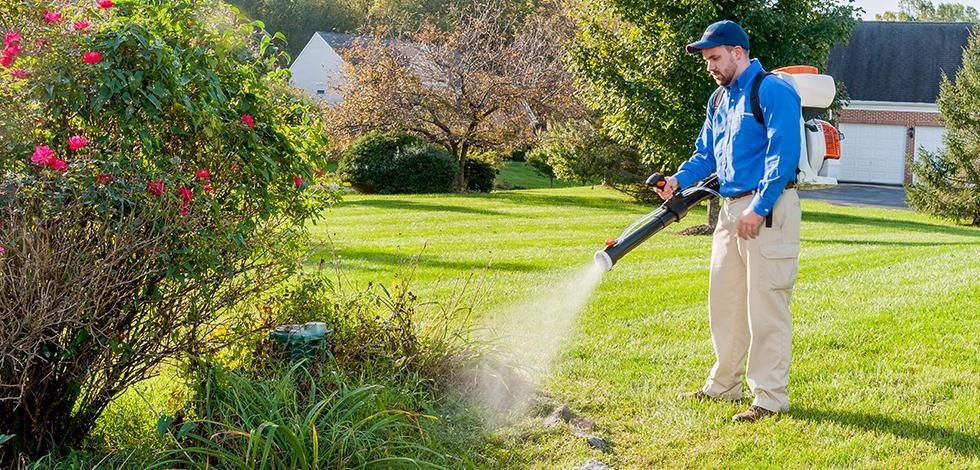
We're proud to say that American Pest meets all of these standards. And we offer a competitively priced mosquito treatment service that is highly effective at controlling mosquitoes, thus mitigating the threat of mosquito-borne viruses. If you're looking for mosquito control service in Maryland, D.C. or Northern Virginia, we've got you covered.
Why Call American Pest for Complete Mosquito Protection
We've been providing pest control service for almost a century. That means we have the experience to give you the highest level of service from beginning to end. Our on-staff entomologists are scientists who specialize in insect behavior. They have developed a mosquito control program that uses products that are residual and targeted. Residual means your yard will be protected between visits. Targeted means the products used aren't going to impact you, your kids, your pets or any animals that move about in your yard.

Inspection: During your service, your technician will walk your property and identify areas that are conducive to mosquito activity.
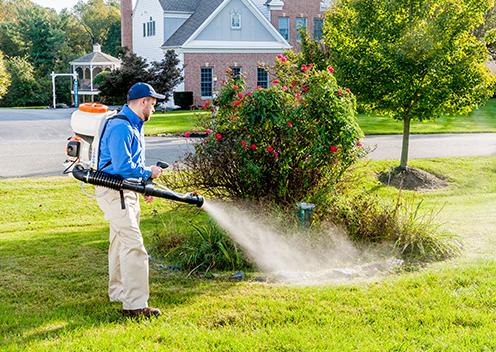
Repellents: A mist product will be applied to keep mosquitoes from choosing your landscaping and other hiding places on your property to rest in.

Larvicide: A biological mosquito larvicide will be applied to key areas to prevent the development of mosquitoes in your yard. Since most of the mosquitoes that bite you in your backyard actually live in your yard, this can have a dramatic influence on the number of bites you'll get.
If you've never tried mosquito control service, give it a shot. You may be startled by how much a difference it can make. Some of our customers say, "It is like I got my backyard back!" Reach out to us today for assistance with this essential service.





